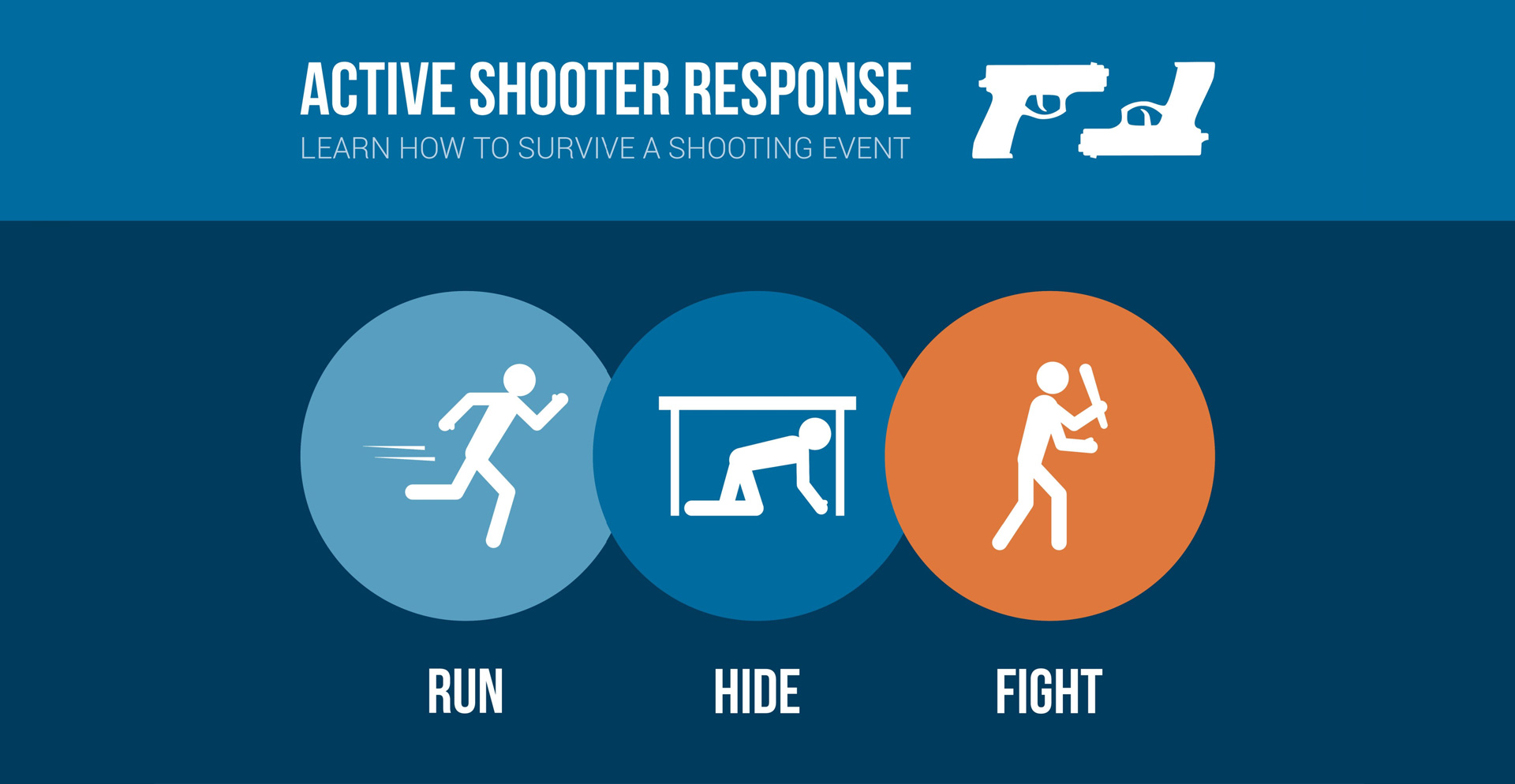September 27 | 12:00 pm – 1:00 pm EST
Are you proactive or reactive? In the United States, emergency management has widely been approached from a reactionary manner through response and recovery. Hazard occurrences are increasing in frequency and severity with mounting negative impacts to our community systems. Response and recovery, no matter how refined, will not result in resilience. In order to get ahead of the curve of disaster impact, communities must have a change in mindset and focus time, energy and funds proactively. Disaster risk reduction involves tipping the scales in favor of preparedness, mitigation and capability growth.
Attendee Takeaways:
1. Identify how disasters are impacting communities in the U.S
2. Understand elements of disaster risk
3. Explore capability growth within community systems
Presenter

Amanda Knight, MS, CEM, Emergency Management and Resilience Officer, Town of Mount Pleasant, SC
Amanda’s education and professional experience contribute to a career dedicated to public service. Amanda joined the U.S. Air Force as a young adult where she forecasted weather in mission planning for Operation Enduring Freedom and Operation Iraqi Freedom. Her experience in weather resulted in the discovery of a passion for emergency management, leading her to attain a master’s degree in crisis, emergency and risk management from George Washington University. Amanda advanced her knowledge in public health emergency management while working at the Medical University of South Carolina, and later at SC Department of Health and Environmental Control. In these positions, she was responsible for effective coordination among healthcare providers, community stakeholders and government organizations to enhance disaster preparedness. Amanda now serves in municipal government at the Town of Mount Pleasant where she is responsible for guiding comprehensive disaster risk reduction and capability growth to foster a resilient organization and community.








